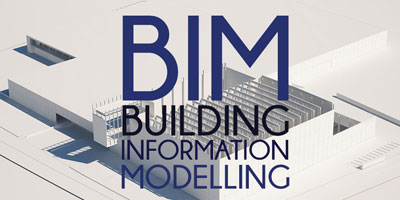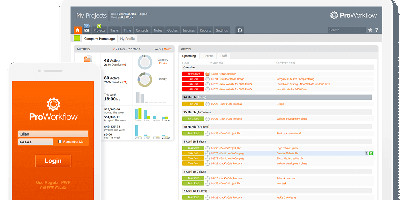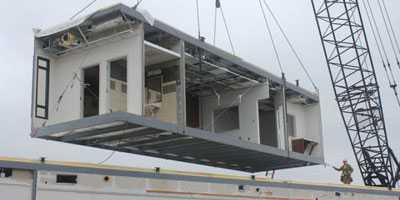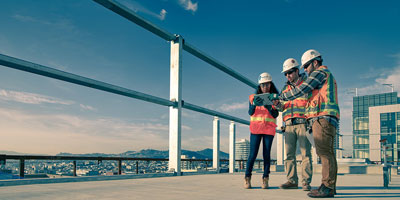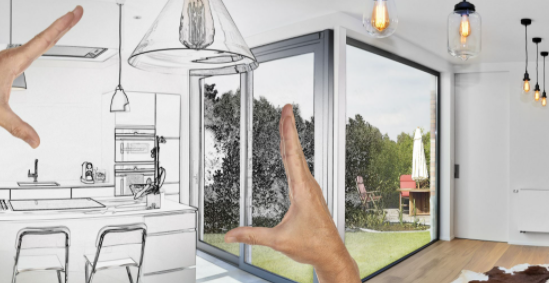 Upgrades at a Low Cost
Upgrades at a Low CostUpgrades that add value should be cheap enough to justify the cost because the total cost of a manufactured home is relatively low compared to traditional housing options. Major renovations, such as adding square footage or moving walls, may be too costly to recoup when the time comes to sell. Painting the interior and exterior, upgrading the plumbing and lighting fixtures, and adding new cabinets and appliances are all inexpensive fixes that will improve the appeal of a manufactured home to potential buyers.
Upgrades that are more energy efficient
Installing energy-saving upgrades to a manufactured home will not only save money right away, but will also add long-term value. Energy-saving upgrades include installing energy-efficient windows and doors, adding more insulation, applying weather stripping and caulk, and installing insulated skirting, according to the US Department of Energy. Manufactured homes, as opposed to local building codes, are governed by the Manufactured Home Construction and Safety Standards, or "HUD Code."
Consistent Maintenance
Maintaining and staying on top of required repairs is one of the best ways to either keep or add value to a manufactured home. When determining the value of a property, including manufactured homes, appraisers and real estate agents consider the property's quality. A home in excellent condition will usually command a higher asking price. Additionally, prospective buyers prefer a house that is ready to move into.
Placing on Real Property
Because of the limited financing options, manufactured homes on leased lots are more difficult to sell. As a result, they can be up to 50% less expensive than manufactured homes built on the homeowner's land. Despite the fact that relocating a home can be expensive, the value gained can be significant, even after moving costs are deducted from the final appraised value. Consult with a real estate expert to see if this is a viable option for you.

